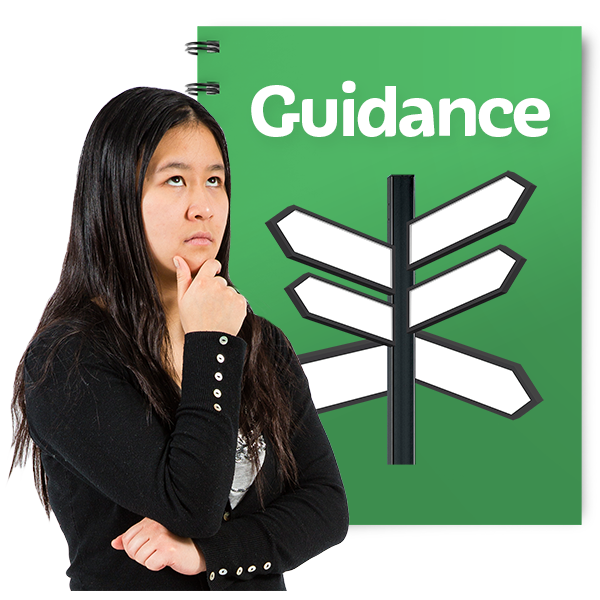Edel Harris, Chief Executive of the
learning disability
 A learning disability is to do with the way someone's brain works. It makes it harder for someone to learn, understand or do things.
charity Mencap, said:
A learning disability is to do with the way someone's brain works. It makes it harder for someone to learn, understand or do things.
charity Mencap, said:
“We’re pleased that the Government
The Government are the people who run the country. The Government decide how much tax people should pay and how things like the National Health Service (NHS) should work. has listened to the calls of disability organisations and campaigners and acted by scrapping this amendment. We’ve long been warning that it would create a postcode lottery of education
Education is when you learn things. When you fill in a form to get a job, education means you write where you went to school, college or university. , health and social care
Social care means the services that give care and support to people who need it. support provision for children with a learning disability during the COVID-19 pandemic.
“Many families have told us that their child with a learning disability has been struggling without educational, health and social care support during lockdown, and in some cases their child’s support needs have increased. Children with a learning disability and their families are going to need more support than ever to help them recover ahead of the return to school. What we need to see happening now is children’s needs being reassessed post-lockdown and their special education
Special education means schools and colleges for people who need more support to learn. needs’ support reinstated and bolstered to reassure families that their child will be safe and well supported when they go back to school. No child with a learning disability should be left behind in lockdown.”
Read DfE’s changes to the
guidance
 Guidance means being given clear instructions to be able to do something well.
here: Changes to the law on education, health and care needs assessments and plans due to coronavirus.
Guidance means being given clear instructions to be able to do something well.
here: Changes to the law on education, health and care needs assessments and plans due to coronavirus.
-ENDS-
For further information or to arrange an
interview
 An interview is a meeting where you talk to someone or a group of people about something. When you have an interview for a job, you have to answer questions and say why you would be good at the job. The person who gives the best answers is offered the job.
with a Mencap
spokesperson
An interview is a meeting where you talk to someone or a group of people about something. When you have an interview for a job, you have to answer questions and say why you would be good at the job. The person who gives the best answers is offered the job.
with a Mencap
spokesperson
 A spokesperson is someone who speaks up about something. They usually speak up on behalf of a group or organisation.
, please contact Mencap’s media team on:
A spokesperson is someone who speaks up about something. They usually speak up on behalf of a group or organisation.
, please contact Mencap’s media team on:
- media@mencap.org.uk
- 020 7696 5414 (including out of hours).
Notes to editors
About Mencap
There are approximately 1.5 million people with a learning disability in the UK. Mencap works to support people with a learning disability, their families and carers by fighting to change laws, improve services and access to education,
employment
 Employment means having a job.
and
leisure
Employment means having a job.
and
leisure
 Leisure is when you have time to do things you enjoy like playing sports or going to the pub.
facilities. Mencap supports thousands of people with a learning disability to live their lives the way they want.
Leisure is when you have time to do things you enjoy like playing sports or going to the pub.
facilities. Mencap supports thousands of people with a learning disability to live their lives the way they want.
Visit www.mencap.org.uk.
For advice and information about learning disability and Mencap services in your area, contact Mencap’s freephone Learning Disability Helpline on 0808 808 1111 (8am-6pm, Monday-Friday) or email helpline@mencap.org.uk.
What is a learning disability?
- A learning disability is a reduced intellectual ability which can cause problems with everyday tasks – for example shopping and cooking, or travelling to new places – which affects someone for their whole life
- A learning disability is not a mental illness or a learning difficulty, such as
dyslexia
 Dyslexia is a learning difficulty. People who have dyslexia can find it hard to read, write and spell.
. Very often the term ‘learning difficulty’ is wrongly used interchangeably with ‘learning disability’
Dyslexia is a learning difficulty. People who have dyslexia can find it hard to read, write and spell.
. Very often the term ‘learning difficulty’ is wrongly used interchangeably with ‘learning disability’ - People with a learning disability can take longer to learn new things and may need support to develop new skills, understand difficult information and engage with other people. The level of support someone needs is different with every individual. For example, someone with a severe learning disability might need much more support with daily tasks than someone with a mild learning disability.
